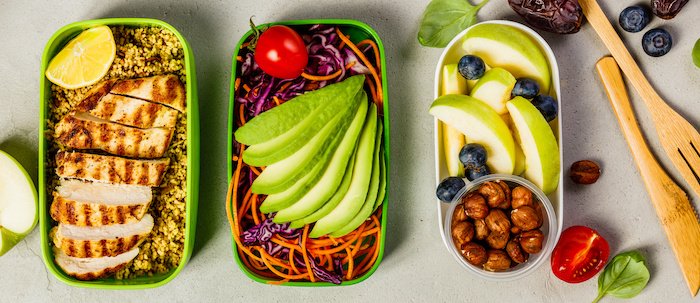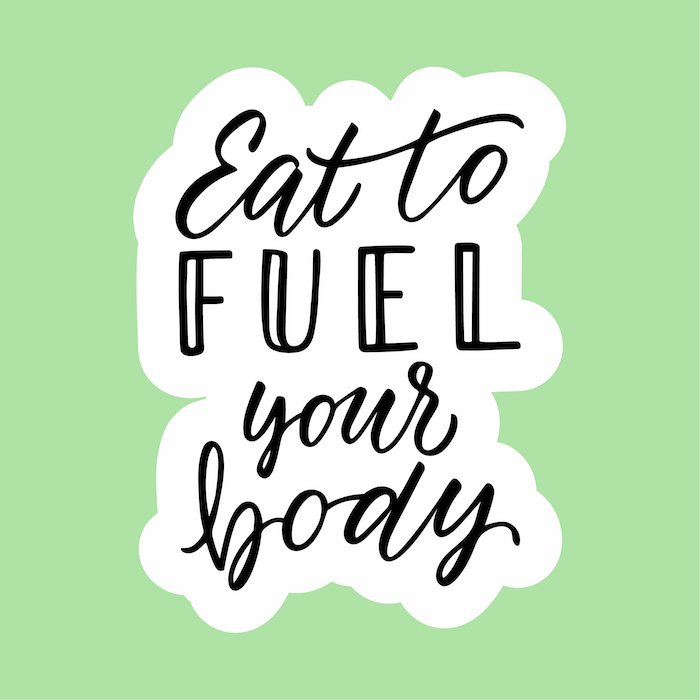The Dangers of Processed Food: Part 2
For many, "on the go" has become a way of life. During busy days, do you tend to reach for the food that is most convenient, requires little prepping, and travels well, or do you opt for the nutrient-dense, whole foods that you know your body deserves and needs?
Processed and ultra-processed food can wreak havoc on our health. But let's be honest, eating whole foods 100 percent of the time is not always realistic. They are more expensive, often require more prepping (washing, seasoning, cooking), and sometimes they simply don't look as "tasty" and appealing.
We all can tend to watch "the numbers" - the calories of macronutrients in our food. While I plan to spend the next twenty years helping women think bigger about food beyond these numbers, I already have for twenty. This series is a way to consider your food choices in this regard - is it as close to "whole" as possible?
Processed foods can be obtained and made from laboratories and not nature. As we discussed last week, there is a large range of processed foods from minimally processed, such as frozen berries, to heavily processed like frozen pizza. My objective isn't to convince you to "ban" certain foods or tell you "what not to eat," but rather to help you become more aware and mindful when the time comes to "grab and go." Having the knowledge about how best to fuel our bodies from all we demand is the ultimate key to success.
As a society, we tend to "demonize" foods. We have even "demonized" carbohydrates, even though they are our primary source of energy to live! We simply need to shift our mindset and focus on eating well-balanced meals comprised of minimally processed food – food as close to its natural state as possible.
Here are my top five reasons processed food can wreak havoc on your weight, health, and wellness:
They may include unhealthy additives. Processed foods often include unhealthy levels of added sugar, sodium, and fat. These ingredients make the food we eat taste better. This process alone can lead to serious health issues like obesity, heart disease, high blood pressure, and diabetes.
They can lead to blood sugar spikes. Eating processed foods can lead to blood sugar spikes. These occur when your blood sugar rises and then falls sharply after you eat. In the short term, they can cause lethargy and hunger. Over time, your body may not be able to lower blood sugar effectively, which can lead to Type 2 Diabetes. The roller coaster ride doesn't bode well for a good night's sleep, steady emotions throughout the day, nor does it fall in line with the mindfulness practice you so deeply crave.
They often have fewer nutrients. Food processing removes some of the nutrients, vitamins, and fiber originally present in the food.
Many are genetically modified. Many foods are genetically modified and can cause gastrointestinal disorders, infertility, and can damage your organs. Primally, our brain gets confused about how to process them; especially when we combine fat and processed carbohydrates. Our primal ancestors didn't have processed food; therefore, our body becomes confused with how to process it. Our fast-paced modern life, the amount of light we absorb, and the way we leave little room for rest confuses the human brain. Food is another area we have departed so severely from our ancestral counterparts.
Most processed foods do not contain protein. As women on a campaign to keep our muscle for hormones, weight maintenance, and loss, and emotional health, protein is the most vital macronutrient – the building block – of our bodies and in short supply as we age.
Long ago, people had to forage for food and rarely ate different foods together at the same meal. The modern food environment provides for nutrients in combinations that do not exist in nature, according to Dr. Dana Small of the Modern Diet and Physiology Research Center at Yale University. The impact of these foods on our brains has been studied. We now know that combining fat and processed carbohydrates stimulates the brain leading to a sense of reward, making the foods harder to resist like it is hard-wired to like it.
So, what does all of this mean? It simply means we all need to be extremely mindful about how we are nourishing and fueling our bodies. Read ingredient labels and prep healthy snacks, meals ahead of time. Processed food has some benefits, and not all processed food is equally "unhealthy." However, keep in mind that the more heavily processed foods you are eating, the more your health may ultimately suffer.
If you are interested in developing a wellness program for you or your team, email me at contact@alexandriawellness.com or visit our website https://alexandriawellness.com/corporate-wellness/



